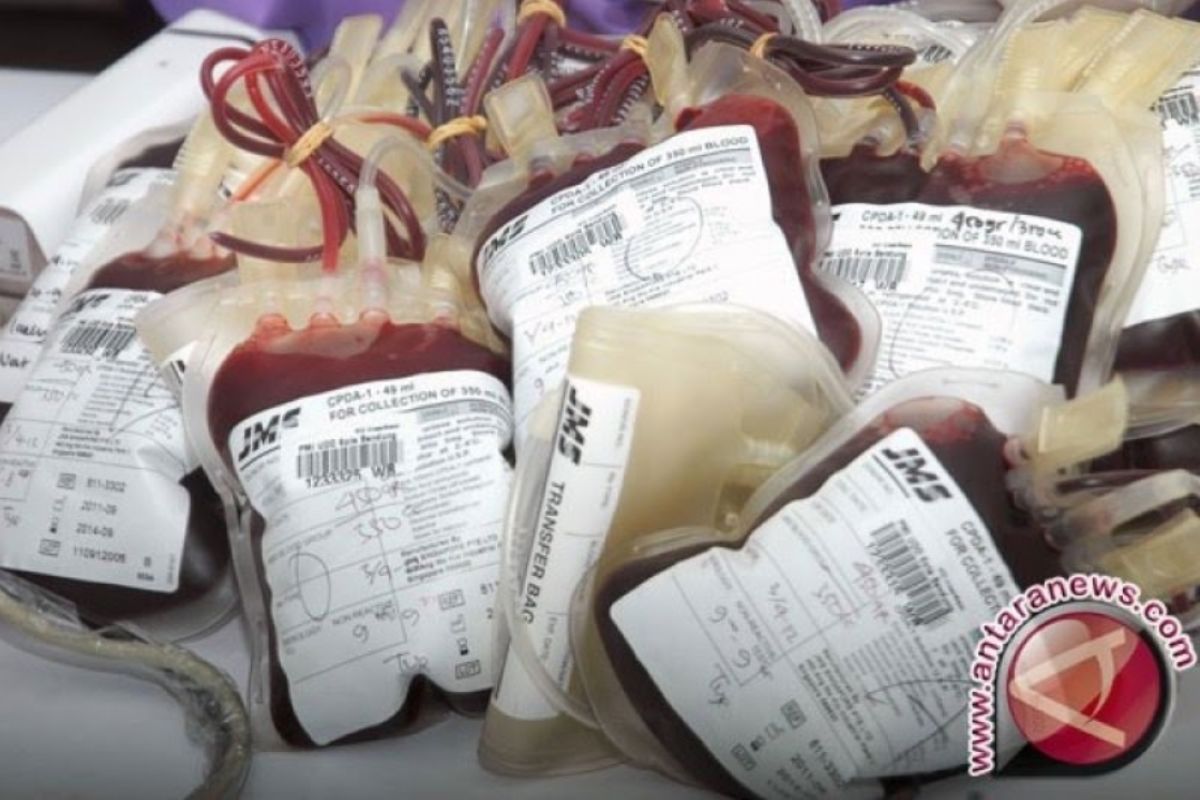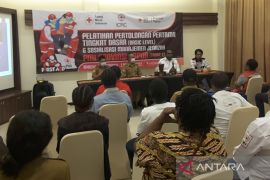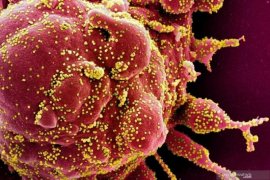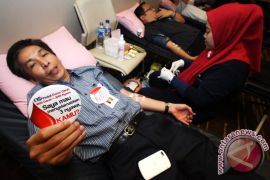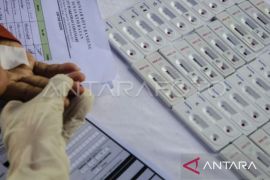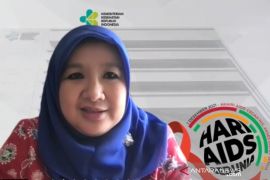PMI's blood donation units in all regions throughout Indonesia conduct screening for 'Infections Transmitted Through Blood Transfusion (IMLTD)' because our task is to ensure that the blood that will be given to patients is safe and free from variousJakarta (ANTARA) - The Indonesian Red Cross (PMI) found 514 blood bags contaminated with viruses while conducting screening on them in Surabaya, East Java, PMI Secretary General Sudirman Said stated.
Said noted that 213 blood bags were contaminated with Hepatitis B, 139 blood bags were infected with Hepatitis C, 110 blood bags were infected with Syphilis, and 52 blood bags were infected with HIV.
"PMI's blood donation units in all regions throughout Indonesia conduct screening for 'Infections Transmitted Through Blood Transfusion (IMLTD)' because our task is to ensure that the blood that will be given to patients is safe and free from various infectious diseases that are transmitted through blood transfusions," Said confirmed the information to ANTARA here on Monday.
He said the IMLTD procedure, contained in Health Ministerial Regulation No. 91 of 2015, stipulates that all blood donors must undergo screening that includes four infection parameters: HIV, Hepatitis B (HbSAg), Hepatitis C (HCV), and Syphilis.
Related news: PMI commends high health protocol adherence amid Eid exodus trip
According to Said, out of the 66,274 blood bags obtained from local donors between January and June 2022, the procedure revealed that 514 blood bags in Surabaya PMI were infected with the diseases.
Consequently, all bags containing blood that were declared reactive to the infection parameters would be destroyed.
"We are working with a third party in managing this infectious waste," he remarked.
In addition, he remarked that blood donors were given counseling and referred to hospitals to confirm the infections in their bodies. During the referral process, the donors are disallowed from donating their blood.
Related news: UGM professor, PMI secy general to lead Humanitarian Solidarity Forum
"PMI always maintains the process of (blood) donors from the screening to blood management stage," he stated.
Moreover, PMI has used two screening methods, the NAT (Nucleic acid testing) molecular examination method and the CLIA or ELISA serology test, which have high sensitivity in detecting infections in blood.
Related news: Children's Day offers momentum to establish child-friendly country
Related news: Children need a good environment and role model: Muhammadiyah
Translator: Andi F, Kenzu T
Editor: Fardah Assegaf
Copyright © ANTARA 2022
